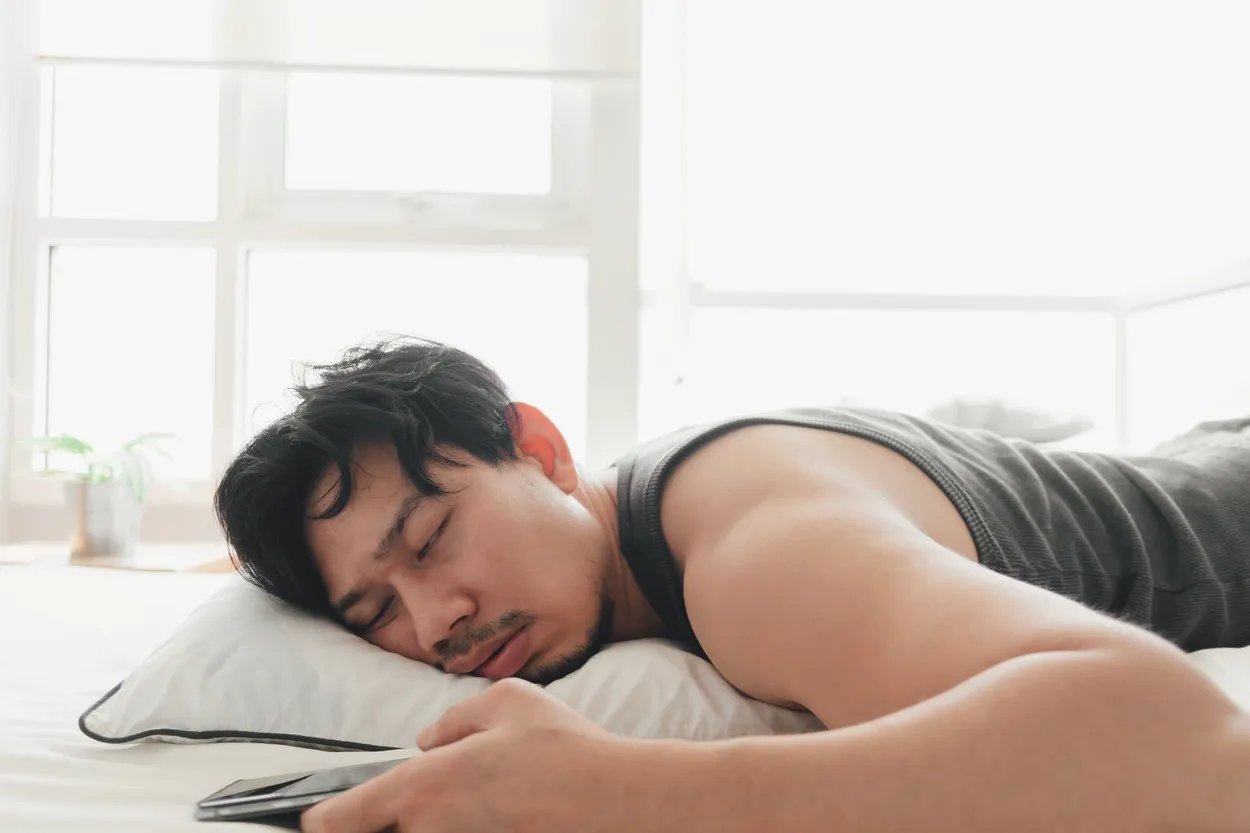A team of researchers sought to better understand the protective power of exercise by analysing data from over 92,000 adults from the United Kingdom aged 40-73 in their new study. Participants wore wristbands between 2013 and 2015, which measured their sleep as well as exercise habits. The researchers then tracked the participants’ health outcomes for several years to examine the relationship between sleep, exercise, and overall health.
The researchers were building on a lot of previous research that showed both sleep and fitness are essential for overall health. However, this new study added an interesting finding to our current understanding.
150 minutes of exercise per week and poor sleep
The first finding of the study was unsurprising, participants with poor sleep and low exercise levels had a higher risk of mortality, including from cancer and cardiovascular disease. On the other hand, the study also found that those who engaged in high levels of exercise did not show an increased risk of death, even when they slept fewer than 6 hours per night. The research suggests that completing 150 minutes of moderate to vigorous physical activity per week might counteract some health consequences associated with poor sleep.
The takeaway is simple: if you’re not able to manage your sleep optimally right now, you should at least be scheduling time to get moderate or vigorous physical activity.

How can exercise compensate for bad sleep?
There are several potential explanations for these new findings. That’s because exercise can reduce inflammation and regulates metabolism as well as sympathetic nervous system activity. It also improves blood pressure and insulin sensitivity. Additionally, exercise increases adenosine production in the brain, which functions as a natural sleep aid. The more adenosine generated throughout the day, the easier it is to fall asleep in the evening and the more restful and restorative your next night of sleep becomes.
Risks of poor sleep
It may be tempting to just sacrifice sleep and do a bit of exercise instead. Unfortunately, there are risks associated with that, even when taking the beneficial impact of exercise on sleep into account. For example, if you’re under-slept,you may lack the energy to stay active throughout the day and go cycling regularly. Individual differences in sleep needs should also be considered, as some people can function well with fewer hours of sleep but others will suffer health consequences later down the line. It’s also important to remember that sleep-deprived athletes are more prone to injuries during training sessions.
Find a balance
This new study gives us even more reason to maintain a regular schedule of exercise. But recognizing and respecting individual sleep needs is essential, because not everyone requires the same amount of rest to function well. Ultimately, the key to maintaining optimal health is to strike a balance between achieving adequate sleep and engaging in regular exercise. Cycling is sure to hold up the exercise part and if you want a few tips on how to get your sleep fixed, check out our article on the 5 things to do when nothing helps you sleep better.




